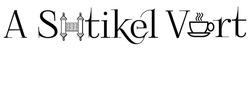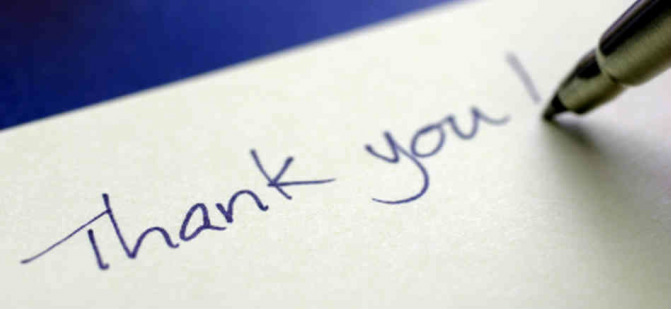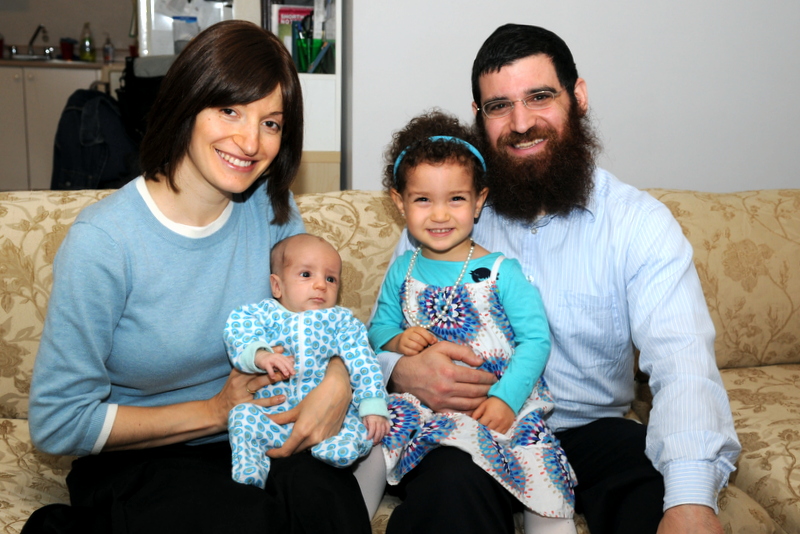On the one hand, the advent of such technology has contributed to the loss of that personal touch that one can sense from reading a hand written card; and the excitement of opening a letter (a feeling that many children today cannot even identify with). On the other hand, thanking people far and near has become quicker and easier, which means more people are being thanked, albeit in a less formal way.
This begs the age old question of quality versus quantity. Which is better? And another question. Why thank someone anyway? If they wanted to give you a gift, a compliment, or a helping hand, didn’t they do it because they wanted to? So why all the hoopla over gratitude?
The University of Pennsylvania did a study in 2005 exploring psychological interventions that increase individual happiness. They tested five purported happiness interventions and one plausible control exercise, and found that three of the interventions lastingly increased happiness and decreased depressive symptoms. One of the interventions called the “gratitude visit” had individuals write a thank you to someone that they had never properly thanked and deliver it to them. The results were astounding. People who did this exercise not only had an immediate increase in their happiness but it affected their happiness for up to a month. Furthermore, of all the interventions studied, the "gratitude visit" had the most significant increase in people's happiness.
It turns out that showing gratitude to someone and thanking them for what they have done, will ultimately make you happier. In this week’s parsha, Ki Savo, Moshe instructs the Jewish people that when they enter the land of Israel that they are receiving from G-d as an eternal heritage, that they should bring their first ripened fruits to the Beis HaMikdash and declare their gratitude for all that G-d has done for them. Why does Hashem need us to thank Him? Is He insecure? Looking for praise?
According to Chassidus we know that a Jew must be joyful if he expects to fulfill his mission and utilize his potential to change the world. This is not an external joy, but an internal joy which we have the power to create and develop. This is no small feat when we live in such a challenging world. Perhaps, G-d was giving us a hint as to how we could be more joyful which in turn would allow us greater access to our potential. By thanking Hashem and showing Him gratitude we are not just making Him happy; we are making ourselves happy. When we wake up in the morning and begin the day by saying Modeh Ani, thank you Hashem, for giving me life; we are actively injecting joy into our day from the very start.
Yes, it is true, that times have changed and there are many different ways to thank people for all they have done for you; but this is a side point. The main focus isn’t how you thank someone, but that you thank them to begin with. Send out those cards, write up an email, text your friend, and Facebook message a family member. Let them know how much you appreciate all that they have done for you. After all, it will make you a more joyful person.
A big THANK YOU for reading this article; I really appreciate it.
Good Shabbos,
Rabbi Nuta Yisrael Shurack



 RSS Feed
RSS Feed
